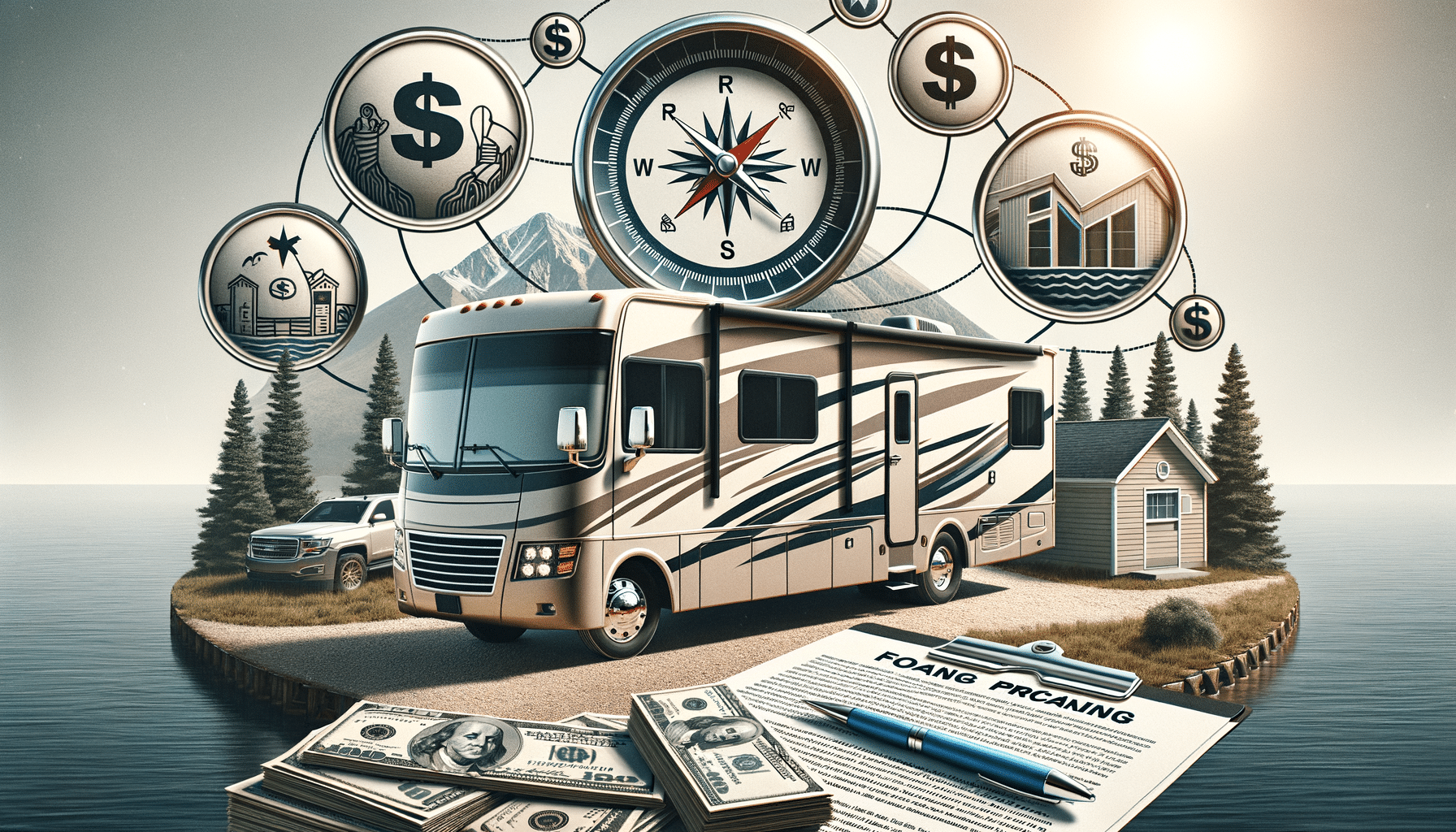
Discover how to navigate RV loans and make informed financing choices
Introduction to RV Loans and Financing
Recreational vehicles (RVs) offer the freedom to explore the open road with the comforts of home. However, purchasing an RV can be a significant financial commitment. This is where RV loans and financing options come into play. Understanding the intricacies of RV financing is crucial for making informed decisions that align with your budget and lifestyle. Whether you’re eyeing a new or used motorhome, camper, or RV, knowing how to navigate loans and interest rates can help you secure a deal that meets your needs.
Understanding RV Loans
RV loans are specialized financing options designed to help consumers purchase recreational vehicles. These loans can be secured or unsecured, each with its own set of benefits and considerations. Secured loans typically offer lower interest rates because the RV itself acts as collateral. On the other hand, unsecured loans might have higher rates but don’t require collateral, reducing risk for the borrower. Key factors to consider include:
- Interest Rates: Rates can vary based on credit score, loan amount, and loan term.
- Loan Terms: Terms can range from a few years to over a decade, affecting monthly payments.
- Down Payments: A larger down payment can reduce the loan amount and potentially lower interest rates.
Understanding these elements can help you choose a loan that aligns with your financial situation.
Motorhome, Camper, and RV Financing Options
Financing options for motorhomes, campers, and RVs are as diverse as the vehicles themselves. Banks, credit unions, and specialized lenders offer various plans tailored to different needs. Some key options include:
- Traditional Bank Loans: Often provide competitive rates but require a strong credit history.
- Credit Union Loans: May offer lower rates and flexible terms for members.
- Dealer Financing: Convenient but can sometimes come with higher interest rates.
Each option has its pros and cons, and the right choice depends on your financial profile and the specific RV you’re interested in.
Factors Affecting RV Loan Approval
Several factors can influence your ability to secure an RV loan. Lenders typically consider:
- Credit Score: A higher score generally leads to better loan terms.
- Income and Debt-to-Income Ratio: Demonstrating stable income and manageable debt levels is crucial.
- Vehicle Age and Condition: Newer RVs may be easier to finance than older models.
Being aware of these factors can help you prepare and increase your chances of approval.
Conclusion: Making Informed Financing Choices
Embarking on the journey of purchasing an RV involves more than just selecting the right vehicle. It requires a thorough understanding of financing options and the ability to make informed decisions. By considering interest rates, loan terms, and your financial situation, you can choose a financing plan that supports your road trip dreams without straining your budget. Remember, the key to successful RV financing is research and preparation, ensuring that your investment brings joy and adventure for years to come.


